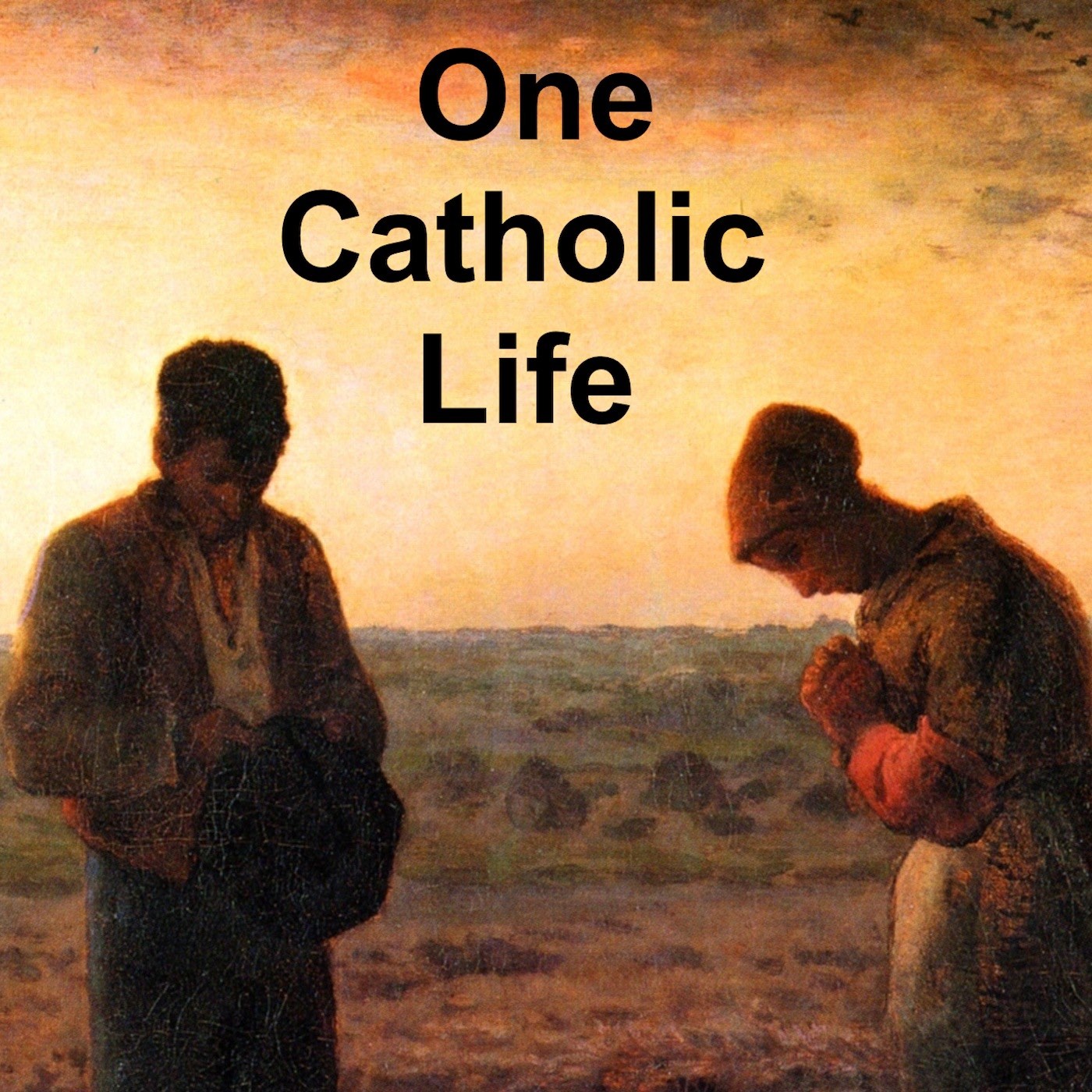Glad Tidings to the Poor: Homily for Christ the King
Description
Today we celebrate
the Solemnity of Our Lord Jesus Christ, King of the Universe,
the last Sunday of our Church year.
Today all of the themes of Jesus’ life and ministry
come together in this one culminating feast
here at the end of the year.
Each liturgical year has its own particular character
because of the fact that we read from one particular gospel.
This year it’s been the Gospel according to Luke,
and it’s good for us to look back over the year
and try to see the entirety of what Luke has shared with us about Jesus.
After all the events of Advent and Christmas last year,
as January was coming to an end,
the weeks of Ordinary Time were beginning,
and the Gospel of Luke turned to the beginning of Jesus’ public ministry.
Jesus returned to Nazareth where he grew up,
and Luke tells us that his first public act
was to enter the synagogue on the Sabbath,
unroll the scroll and read these lines from the prophet Isaiah:
The Spirit of the Lord is upon me,
because he has anointed me to bring glad tidings to the poor.
He has sent me to proclaim liberty to captives
and recovery of sight to the blind,
to let the oppressed go free,
and to proclaim a year acceptable to the Lord.
And when he had rolled up the scroll he said these key words:
“Today this Scripture passage is fulfilled in your hearing.”
These are Jesus’ first words in his public ministry in the Gospel of Luke.
And the entire rest of this past year
has been Luke’s gospel unpacking that scripture passage
and demonstrating how it is fulfilled in Jesus’ life.
Glad tidings to the poor.
Liberty to captives.
Sight to the blind.
We came here Sunday after Sunday this year
hearing Luke’s gospel inviting us
into the life of Christ,
inviting us to see Christ freeing captives
giving sight to the blind,
proclaiming good tidings to the poor.
As we came here weekend after weekend,
we saw opposition to Jesus early in his ministry;
we saw people who wanted to throw him off a cliff.
We saw Jesus approach fishermen who couldn’t fill their nets,
and how he called them to be fishers of men.
We heard Jesus teach,
“Blessed are the poor, blessed are the hungry,
blessed are they who weep.”
Glad tidings to the poor.
We heard Jesus say “Love your enemies,
bless those who curse you, stop judging, forgive others.
Remove the log from your own eye
before removing the splinter from your brother’s eye.”
Recovery of sight to the blind.
We saw Jesus appoint the seventy-two and send them
to cure diseases and expel demons.
And in the beautiful parable of the Good Samaritan,
we heard his answer to the question,
“Who is my neighbor?”
Letting the oppressed go free.
As the year continued,
spring turned to summer,
and we made our way further into Luke’s gospel.
We saw crowds begin to gather around Jesus
in order to learn from him,
how they asked him to teach them to pray,
and how he told them,
“ask and you will receive,
seek and you will find, knock and the door will be opened.”
We heard Jesus remind his followers to store up heavenly riches,
rather than earthly riches,
and to be prepared for the coming of the Son of Man.
We heard his challenging words
when he said he had come to set the earth on fire,
and how some who are first would be last,
and some who are last would be first.
Summer became fall,
And we heard Jesus say
“Don’t take the place of honor at a table;
and when you have a banquet,
invite the poor, the crippled, the blind, the lame,
who cannot pay you back.”
More glad tidings to the poor.
More Episodes
We are given very powerful readings today,
powerful individually and powerful collectively.
And at the heart of them all is a line by St. Paul
in his letter to the Romans:
“…be transformed by the renewal of your mind,
that you may discern what is the will of God,
what is good and pleasing...
Published 09/04/23
Published 09/04/23
It’s a sad fact of history
that the largest religious community
that ever lived together in the same place
in the history of the Catholic Church
was at the Dachau concentration camp in Germany during World War II.
Over 2,500 Catholic priests became prisoners in Dachau,
in Cellblock 26,...
Published 02/13/23


